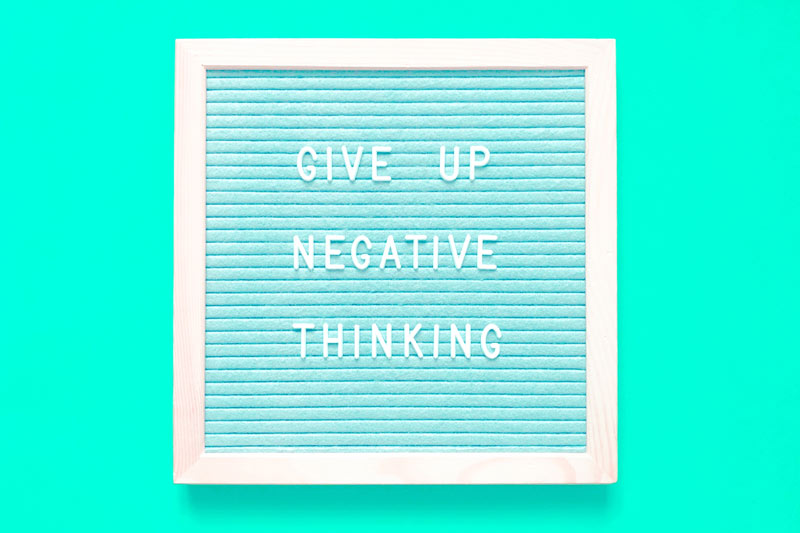If you've noticed that you tend to dwell on your mistakes more than your successes in your life or let 1 negative criticism dismiss 100 hundred compliments, you're not alone. That's just your negativity bias. As humans, our minds naturally pay more attention to the negative things than the positive ones. This bias can determine how we feel, think, and act and have undesirable effects on our mental state.
How do we stop feeling so negative?
The strength of your negativity bias depends on how much you focus on it. By shifting the direction of your conscious attention towards positive events and feelings, you can start to balance, or even overpower, the negative strength.
Here are 5 strategies you start implementing today:
- Make positive concepts accessible. Although your brain is a part of you, it works against you at times. It prefers to go to whatever is familiar and certain-as it requires less energy and effort. To undo this, make positive concepts seem more familiar and accessible by scattering simple pleasures throughout your day. Having a positive word of the day, treat yourself to your favorite cup of coffee, or watch your "guilty pleasure" TV shows. These small doses of positivity help your brain counteract its natural negativity—making it easier to access throughout the day.
- Practice mindfulness. One of the best ways to overcome negative thoughts is to identify them and recognize them when they occur. To do this, you need to be present in the moment rather than thinking about the future or dwelling on the past. Notice and label the feelings and thoughts that arise. When you notice a negative thought, simply label it as "negative thought", or "unhelpful thought". Doing so creates a separation between you and the unpleasant thoughts that arise.
- Visualize positivity. When you notice your mind flooding with negative thoughts, stop and visualize something positive. This can be your favorite place, people, foods, or things. Indulge all of your senses as if you were experiencing these things; your brain can't tell the difference between what's real and what's imagined.
- Savor the positive. It's undeniable that we take things for granted. The next time you experience a joyful moment, take some time to enjoy it. Fully engage yourself in the sensations, pleasant thoughts, and bright emotions that you feel.
- Take action. One of the most effective ways to start feeling more positive is to start acting in positive ways. The brain is motivated by action, not words. Start by doing something that makes you feel good-like spending time with friends, practicing an instrument, or playing with your dog. If you feel unmotivated to try, start by setting a timer for 2 minutes. You can stop when time's up, but your mind will likely want to keep going.
Moving forward
We all feel negatively from time to time. When we find ourselves getting stuck, it's helpful to recognize why we might be doing so. We may be naturally wired to direct our attention to the negative, but it's possible to adopt more positive frames of reference and boost our well-being.

